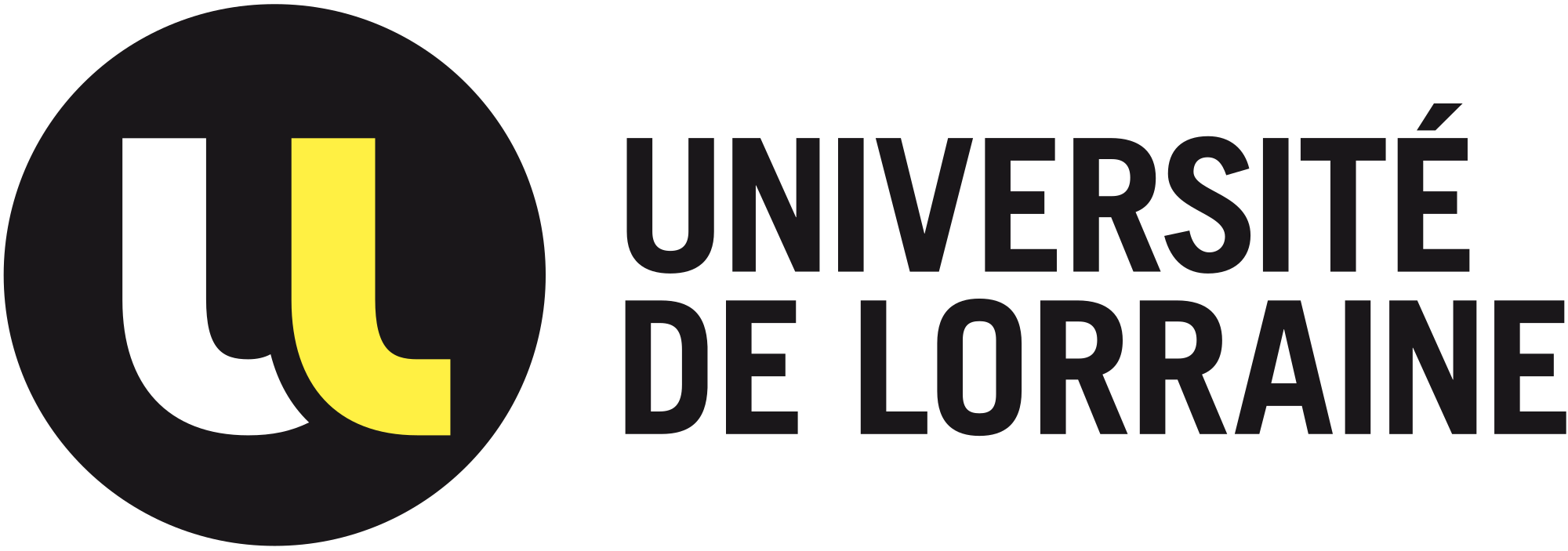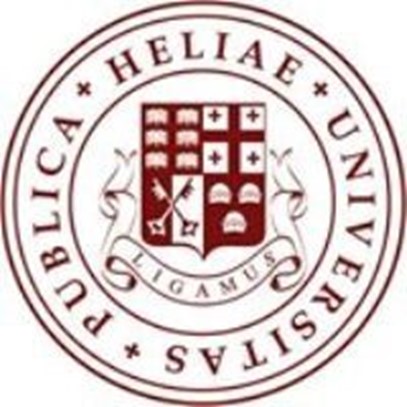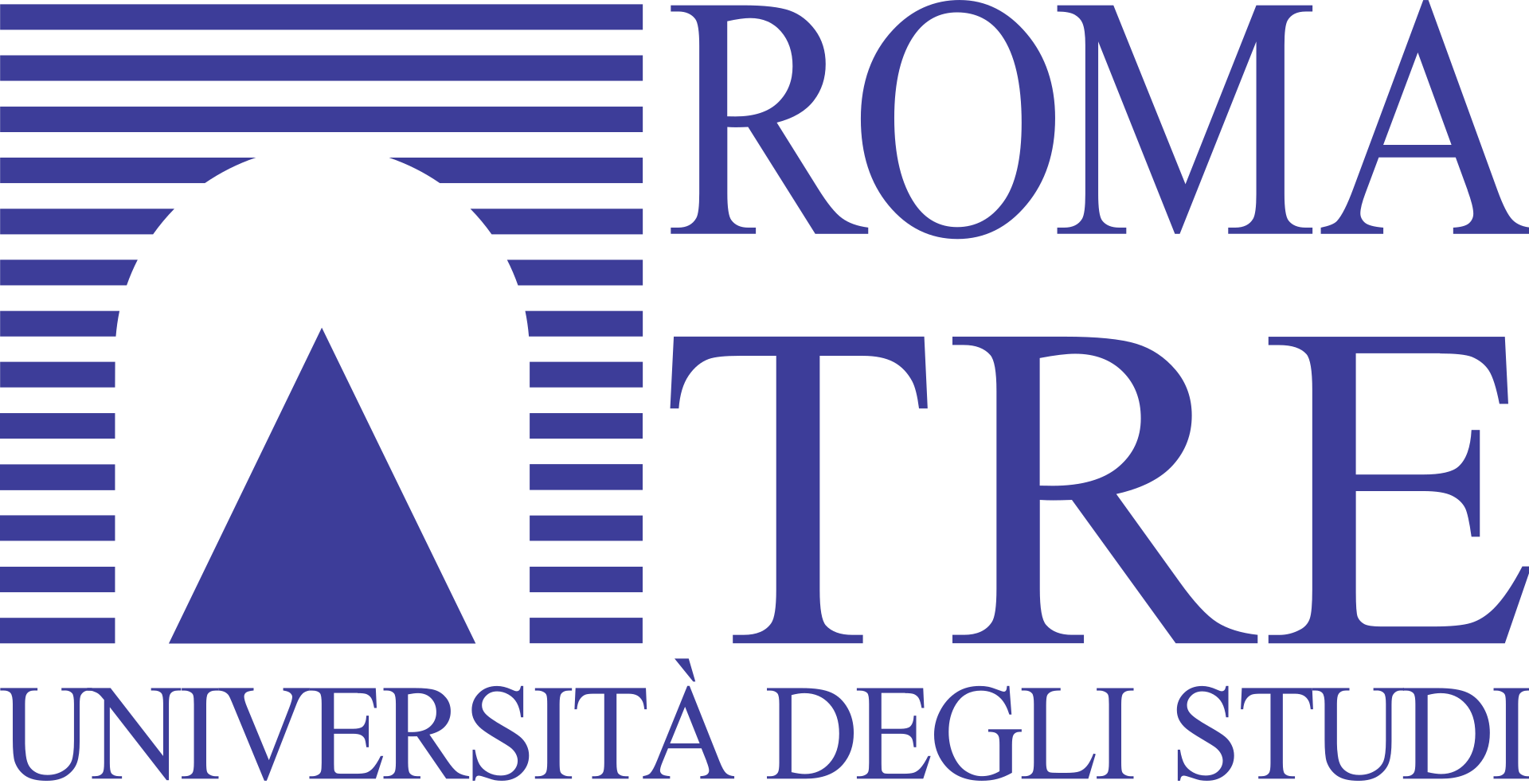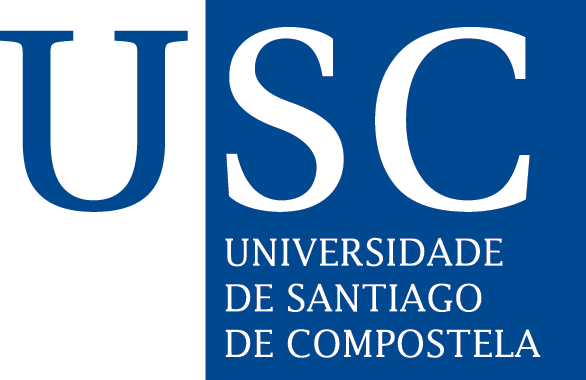Do you like languages? Do you like to travel? Then the EMLex master course is just right for you!
The EMLex interdisciplinary programme provides a good opportunity for those interested in lingustics and lexicography with the aim of designing and compiling printed or online dictionaries with the newest linguistic methods, corpora and databases. The EMLex-professors come from eight countries and are each specialized in one of the fields of modern lexicography. The EMLex-students from different universities meet each other in the second semester at one of the European universities taking part in EMLex and attend courses together in German and English. The Department of German Language and Literature of the Institute of German and Netherlandic Studies at Károli Gáspár University of the Reformed Church is the only institution in Hungary to offer this European joint study programme.

Funded by the European Union. Views and opinions expressed are however those of the author(s) only and do not necessarily reflect those of the European Union or the European Education and Culture Executive Agency (EACEA). Neither the European Union nor EACEA can be held responsible for them.
The programme corresponds to the regulations of the Bologna process: The overall number of ECTS points granted is 120 (the modules have either 5 or 10 ECTS points). The total number of students who are registered for EMLex at the participating universities is limited to 30 per year, which is due to the particular design of the block seminars during the summer term.
The curriculum places an emphasis on the following lexicographical topics:
Typology of dictionaries, dictionary research, metalexicography, history of lexicography, corpus work, research of dictionary usage, user needs and preconditions of usage, critical dictionary research, functions of dictionaries, bilingual lexicography, lexicographical data, applied lexicography, work in the lexicographical workshop, lexicographical tools, lexicography for special purposes, terminology and terminography, computational lexicography, electronic dictionaries, encyclopaedic dictionaries, learner lexicography, lexicology, etymology.
Soft skills include language courses and a computer science module. Aims, contents and special regulations for the courses are listed in the schedule in detail.
The relevant curricula can be found here.
Duration of the programme: 4 semesters.
Post-graduates will be qualified to work both as lexicographers at a publishing company and as academic lexicographers in all fields of lexicography, starting from the conception of printed and electronic dictionaries and specific lexicographical tasks through to the technical realisation of lexicographical products. Besides, they will receive profound training in the theoretical field of modern lexicography, which will enable them to conduct scientific research or to work in an advisory position in the field of publishing and further education.
Participating universities
The following universities have agreed to participate in the programme
Ilia State University (EMLex)
Universidade do Minho (EMLex)
The following institutions are involved in teaching on a regular basis:
The admission to the master programme is subject to special conditions:
1. Degrees accepted with full credit values:Humanities: BA in Hungarian, BA in English and American Studies, BA in Germanic Studies, BA in Romance Philology, BA in Roma Studies, BA in Slavonic Studies, BA in Oriental Languages and Cultures;
Social Sciences: BA in Communication and Media Science.
We also welcome graduates in (Computational/Applied) Linguistics, in languages other than those listed above, Translation Studies, Book Studies / Library and Information Science, or other relevant disciplines.
The acceptance of other degrees is subject to the consent of and the approval by the Consortium's admission committee.
If your HEI degree is still in progress, you may nevertheless submit an application. The condition in this case is that the HEI degree certificate must be available before the start of the EMLex study programme
2. Proficiency in English and in German (for non-native speakers) must be certified by one of the following institutions for at least the given level (equivalent to B1 // B2):
in English:
in German:
3. Transcript of academic records
4. Motivation letter
5. A copy of identity documents
6. 1. Further information about the application documents and application process please click here.
6. 2. Károli Gáspár University Application form. You can access the application form by clicking here.
I. Self-financing applicants
If you do not receive a scholarship and still wish to study the EMLex, the Consortium can, under certain conditions, help you to pay the tuition fees, which would mean that you would only have to pay an enrolment fee of €2000 per year (the full tuition fees amount to €4000 per year). These fees will cover any costs incurred during your studies. Should you be shortlisted for these reduced tuition fees, the consortium would contact you after the application period (around April).
II. Erasmus Mundus EMLex programme
In order to participate in the Erasmus Mundus EMLex programme, students have to submit an application. A total of 32 university places are provided per intake. Applications for an Erasmus Mundus EMLex scholarship can be submitted from 9 October 2025 until 2 February 2026 (inclusive).
Click here for more details.
Person responsible for the programme: Dr. Dóra Pődör (This email address is being protected from spambots. You need JavaScript enabled to view it.).








Copyright © 2023 Károli Gáspár University of the Reformed Church in Hungary. All rights reserved.